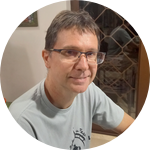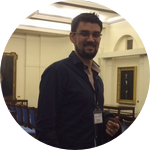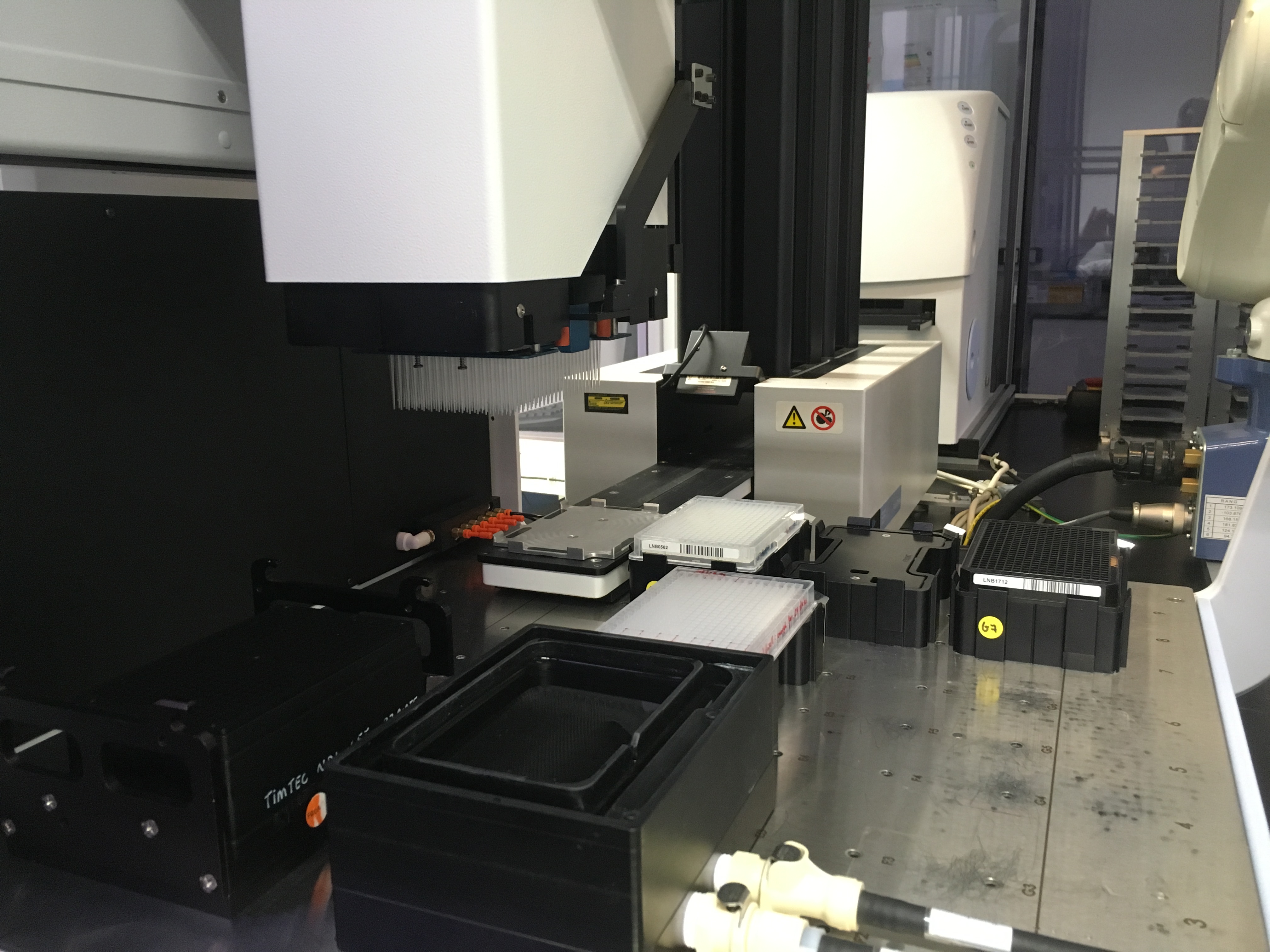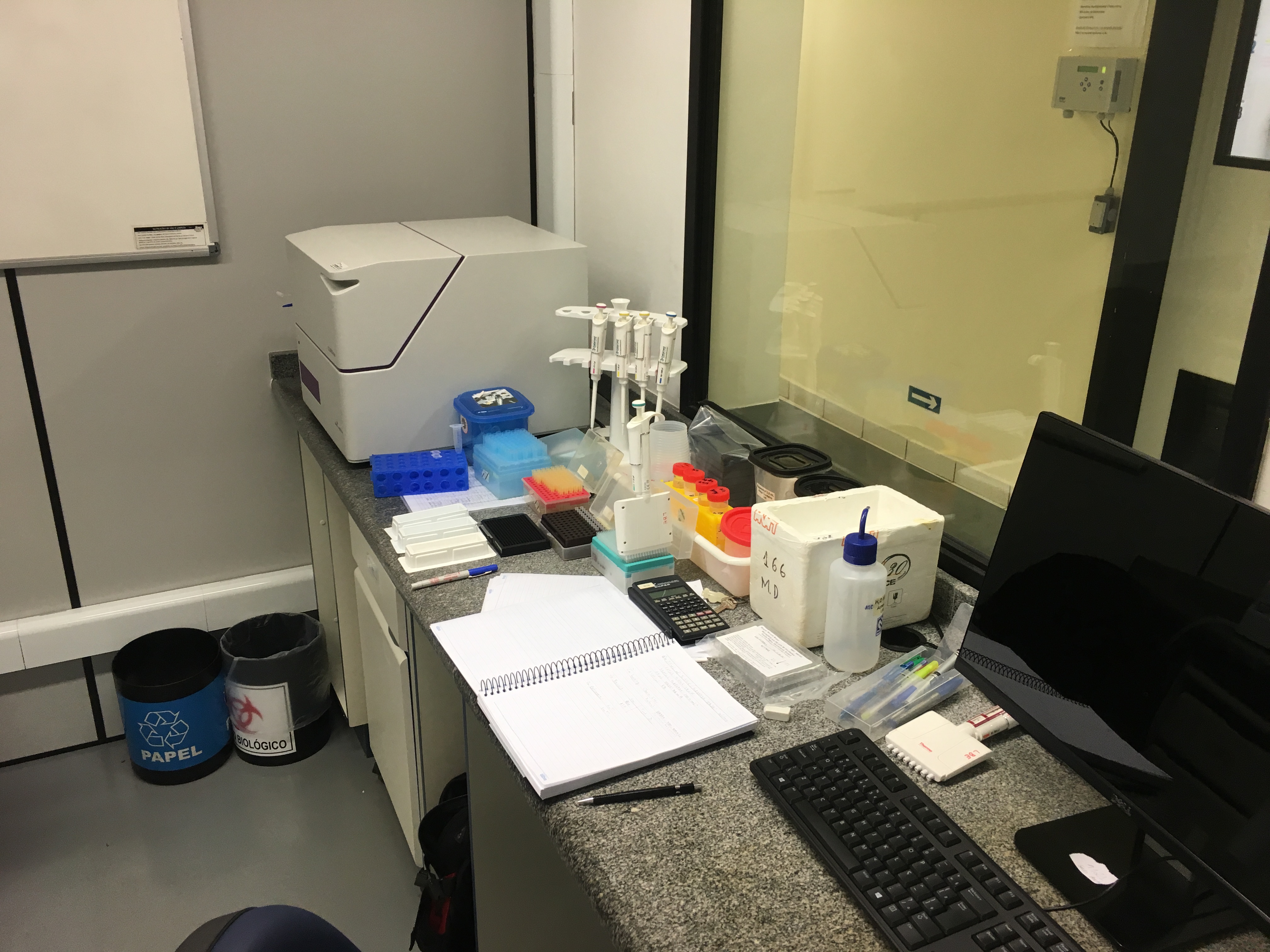Project Results
2 May 2023
Summary. There have been five outcomes from this project at the present time, which include the following:
(1) Patent Application. “Tetrazolium-Based Colorimetric Assay” by Edward L. D'Antonio and Gustavo F. Mercaldi (2023) File with the United States Patent and Trademark Office.
(2) Invited Guest. ISNTD Connect. Live recording in London, England by the International Society for Neglected Tropical Diseases, 17 March 2023. "Chagas’ Disease and Human African Trypanosomiasis Drug Discovery: Trypanosoma cruzi Glucokinase as a Potential Drug Target." Presentation Link: https://www.isntd.org/isntd-connect
(3) Presenter. Triet M. Pham. “Rapid, Novel, and Sensitive Tetrazolium-Based Colorimetric Assay for Helicase nsp13 in SARS-CoV-2" (co-authored by Morgan G. Howard, Shane M. Carey, Gustavo F. Mercaldi, Ph.D., and Edward L. D'Antonio, Ph.D.).
(a) 32nd Annual Molecular Parasitology & Vector Biology Symposium, University of Georgia, Athens, Georgia (2 May 2023).
(b) 2023 Discover USC, Columbia, South Carolina (21 April 2023).
(c) 2023 USCB Student Research and Scholarship Day, Bluffton, South Carolina (17 April 2023); awarded 1st place in the "Innovation" category.
About This Project
Therapeutics in any modality to combat Severe Acute Respiratory Syndrome Coronavirus 2 (SARS-CoV-2) infections are in urgent demand across the entire world as the Coronavirus Disease 2019 (COVID-19) pandemic continues to interrupt the well-being of human life. Without clinical therapeutics available for any of the human coronaviruses, a key starting point is to focus on target-based high-throughput screening (HTS) to reveal potent anti-SARS-CoV-2 hit-to-leads that are safe to human cells.
Ask the Scientists
Join The DiscussionWhat is the context of this research?
COVID-19 is a disease caused by a betacoronavirus known as SARS-CoV-2. The outbreak of COVID-19 originated in Wuhan, China in December of 2019 and the virus is easily transmissible by human-to-human interaction. Infected individuals can spread the virus by speaking, sneezing, or coughing, in which respiratory droplets containing virus transfer in the air and a different person inhales the aerosol. Respiratory tract infections generally result, affecting the nose, throat, sinuses, lungs, and windpipe. Symptoms of COVID-19 include fever, dry cough, and fatigue. Although most people who are infected have mild symptoms and will recover, there are high-risk groups. A major risk factor involves patients of older age (>60 years) and when these patients have pre-existing conditions.
What is the significance of this project?
SARS-CoV-2 is a human pathogenic virus that has essential proteins ranging from cell surface attachment, RNA and viral genomic replication, and translation of viral structural proteins. These proteins represent a drug discovery targeting opportunity.
The proposed research aims at identifying viable drug scaffolds and highly effective anti-SARS-CoV-2 compounds through a 30,000 compound HTS campaign followed by in vitro biological assays.
In 2016, we began a collaboration with Dr. Artur Cordeiro, Laboratório Nacional de Biociências (LNBio), where an HTS campaign vs. glucokinase (a potential target of the protozoan parasite, Trypanosoma cruzi) was conducted and promising compounds were identified. My laboratory will now take part in a similar plan with Dr. Gustavo F. Mercaldi.
What are the goals of the project?
The principal goal for the project is to screen 30,000 small-molecule compounds using the technique known as high-throughput screening, or simply HTS, against a critically important target protein in SARS-CoV-2. HTS is a valuable and proven drug discovery tool. After identifying potent inhibitors, we plan to purchase a resupply of the same compounds to thoroughly analyze protein - inhibitor binding strength and effects on biological assays (i.e. anti-SARS-CoV-2 potency and host cell toxicity). Ultimately, effective inhibitors will be extremely beneficial since new starting points for drug leads will become available. The HTS screening will be performed at LNBio/CNPEM (Campinas, Brazil) by both Dr. D'Antonio and Dr. Mercaldi (LNBio Research Scientist and HTS Specialist).
Budget
The 10,000-compound library that will be purchased from this fundraiser will be combined with an in-house, non-overlapping 20,000-compound library, which will allow for a primary screen totaling 30,000 compounds in the HTS campaign. After running the primary screen and the corresponding counter screen (to rule out false hits), we will have identified on-target confirmed hits. A resupply of these hits will be purchased to further test them biochemically and through a biological assay.
Endorsed by
 Project Timeline
Project Timeline
May 2021: Prepare a purified batch of viral target protein on-site at LNBio (Campinas, Brazil); run a primary HTS of 30,000 compounds against the target.
June 2021: Perform confirmatory assays; purchase a resupply of on-target hits.
July 2021: Analyze protein – inhibitor binding with confirmed hits.
Aug. 2021: Run in vitro biological testing with confirmed hits (e.g. SARS-CoV-2 infected Vero host cells).
Sept. – Dec. 2021: Data analysis and manuscript preparation.
Oct 26, 2020
Project Launched
Apr 05, 2021
Purchase a screening library of 10,000 small-molecule compounds and ship to the HTS laboratory, LNBio (Campinas, Brazil).
May 03, 2021
Setting-up the 30,000 HTS screen: The 10,000 compound library (purchased through this fundraiser) will be combined with an LNBio in-house 20,000 compound library.
May 17, 2021
Begin recombinant protein expression, protein purification, and HTS experimentation at LNBio.
Meet the Team
Affiliates
Affiliates
Dr. Edward L. D'Antonio
My training is in Chemistry and I received my Ph.D. at North Carolina State University in 2010. From 2010-2013, I was a postdoctoral fellow at the University of Pennsylvania where I was trained in structural biology and medicinal chemistry. I have published a total of 20 scientific articles/patents and I have mentored 22 undergraduates at USC Beaufort. In 2016, Dr. Gustavo F. Mercaldi and I worked together on a high-throughput screening campaign (Campinas, Sao Paulo, Brazil), in which we ran a primary screen of 13,040 compounds against the target glucokinase in Trypanosoma cruzi (the etiological agent that causes Chagas' disease). We were successful in finding novel inhibitors and the manuscript of the project was published in 2019.
My webpage: www.uscb.edu/edant
Since 2013, the goal of my research program has been to identify chemical compounds that inhibit protein targets of pathogenic microorganisms. The drug discovery strategies that I employ include structure-based drug design, hit-to-lead expansions, structure-activity relationships, and high-throughput screening. Compounds are further developed by experimentally searching for higher efficacy and lower toxicity than clinically used drugs for the treatment of neglected tropical diseases.
Dr. Gustavo Fernando Mercaldi
In 2003, I started my formal education in Pharmacy, and until its conclusion in 2007, I started working on academic and research activities. From 2008-2010, I was a student in the Master’s Program of Biomolecular Physics in São Carlos Physics Institute (IFSC) from the University of São Paulo (USP). From 2011-2014, I developed my PhD in the Brazilian Biosciences National Laboratory (LNBio) from the Brazilian Center for Research in Energy and Materials (CNPEM/MCTI). In this period, I worked with projects relating to the identification of bioactive compounds by high-throughput screening (HTS), and biochemical & structural characterization of protein-ligand complexes. In 2014, I moved to Dundee (Scotland, UK) to develop on an additional component of my PhD project in the College of Life Sciences from the University of Dundee. After returning back to Brazil in 2015, I obtained my PhD in Biosciences in the Institute of Biology (IB) from University of Campinas (UNICAMP) in 2016. In the same year, I was awarded a postdoctoral fellowship to make research developments in LNBio/CNPEM, a research project to study protein translational machinery aiming to support structure-based antimicrobial development. Since 2018, I remained a Brazilian National Laboratory Researcher at LNBio/CNPEM.
Summary of Experience: Background in Pharmacy and Biophysics, with a focus on HTS, characterization of biologically active molecules, production, and purification of recombinant proteins, enzyme kinetics, structural biology, and the manipulation of pathogens.
LINK to MyCitations (Google Scholar)
https://scholar.google.com.br/...
Additional Information
Sponsors
Cycling Turtle Woodworks (Greer, SC)
Links
D'Antonio Laboratory (Univ. of South Carolina Beaufort)
D'Antonio Laboratory (Facebook)
Laboratório Nacional de Biociências (LNBio)
Centro Nacional de Pesquisa em Energia e Materiais (CNPEM)
Instrumentation & Techniques
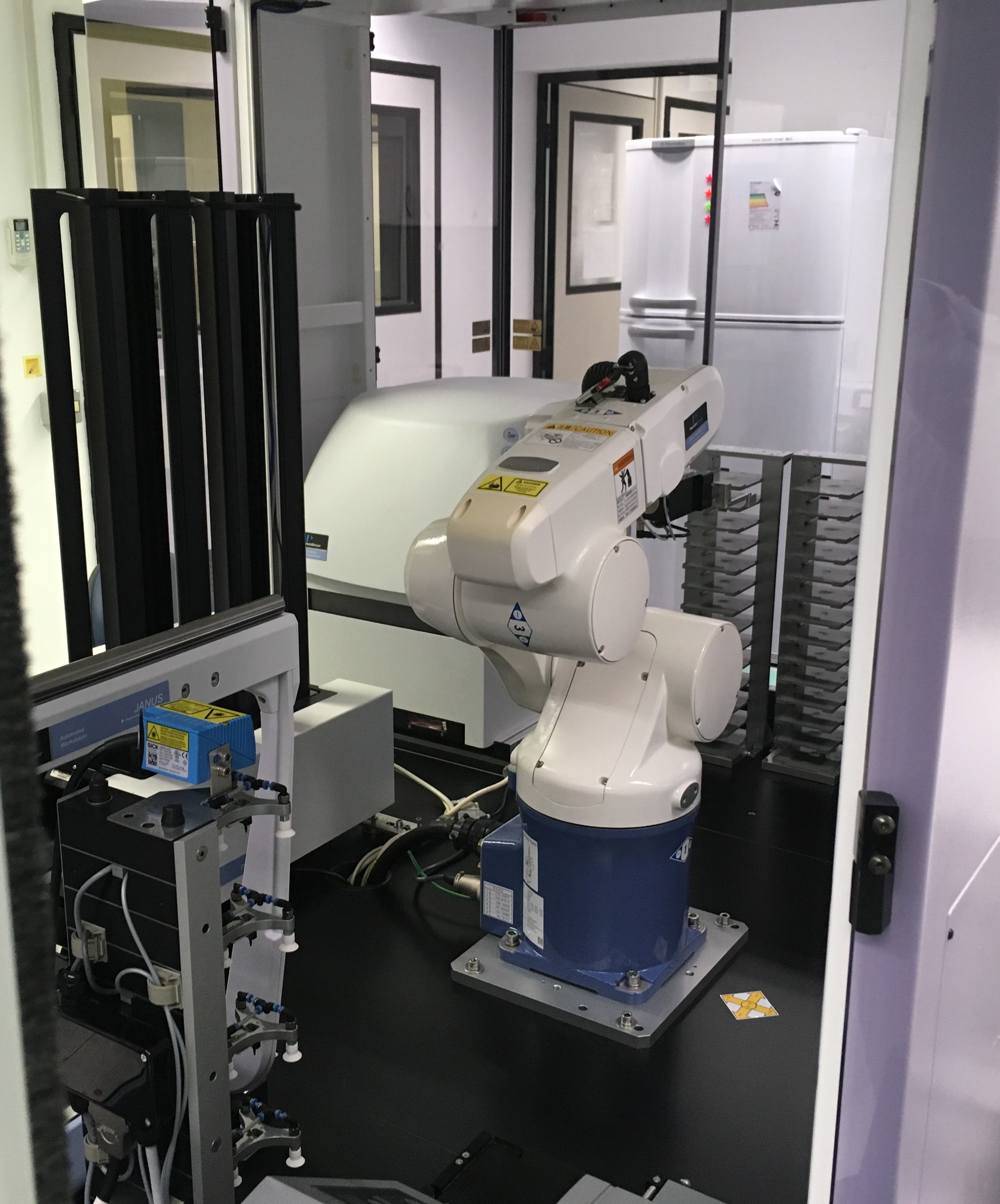
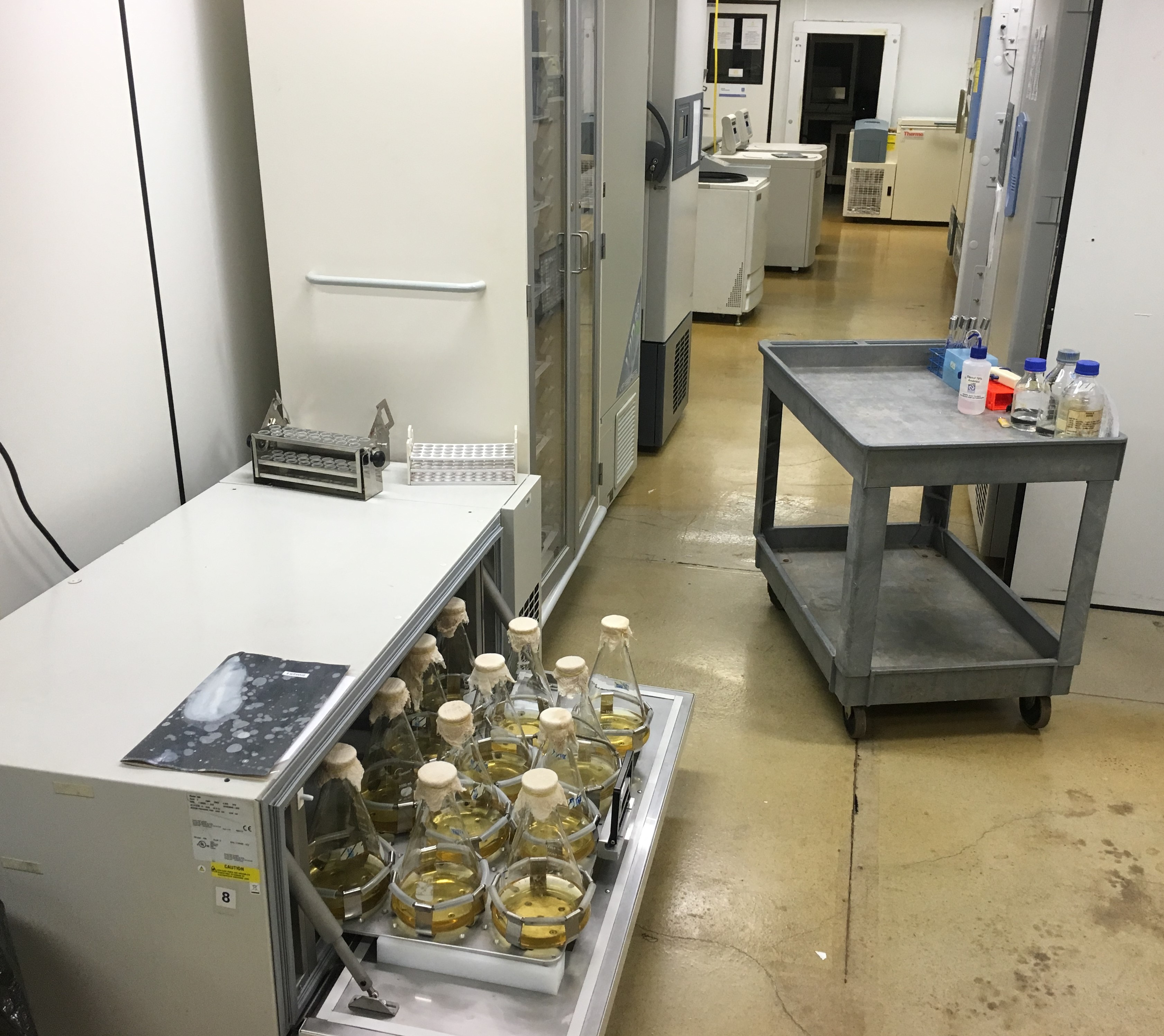
Recombinant Protein Overexpression at LNBio
Mercaldi, G. F., D’Antonio, E. L., Aguessi, A., Rodriguez, A., and Cordeiro, A. T. (2019) Discovery of antichagasic inhibitors by high-throughput screening with Trypanosoma cruzi glucokinase, Bioorg. Med. Chem. Lett. 29, 1948-1953.
Project Backers
- 16Backers
- 100%Funded
- $25,010Total Donations
- $104.69Average Donation

